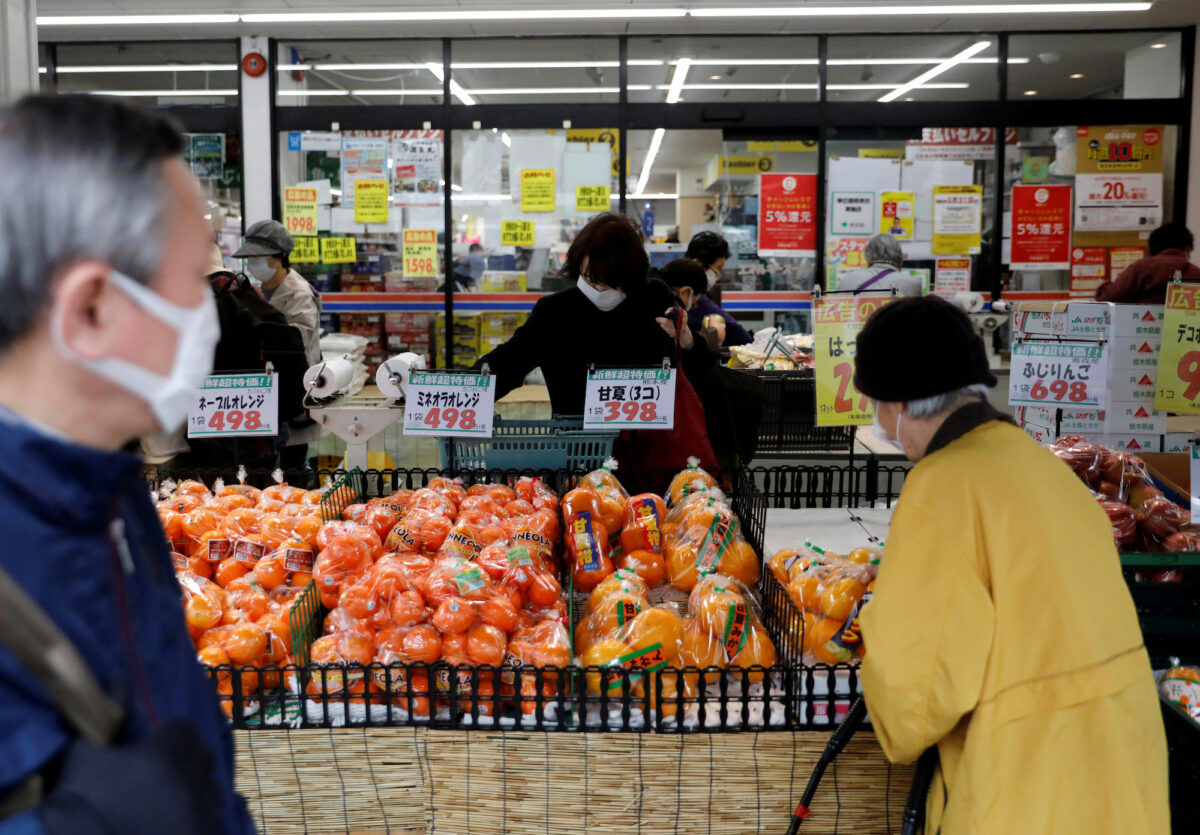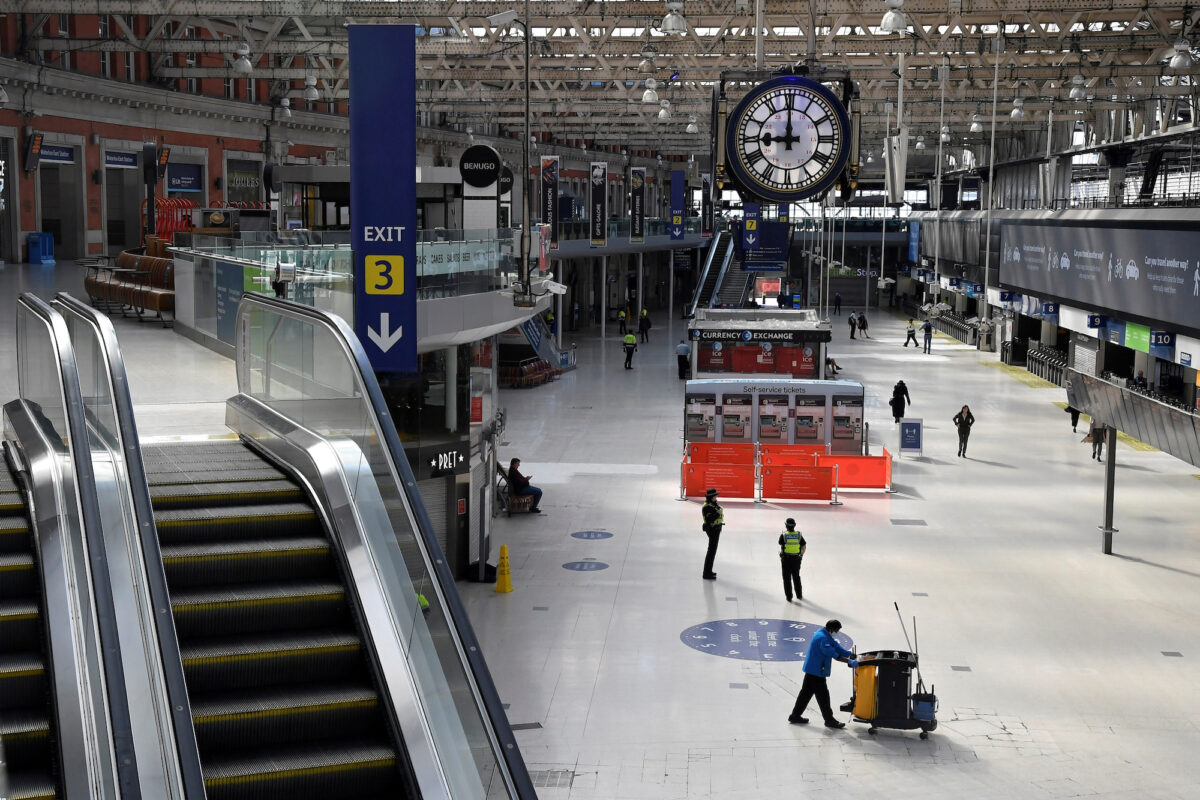Global Business Downturn Shows Signs of Easing as Lockdowns Loosen
Business activity in Europe and Japan, as measured by purchasing managers index (PMI) data, declined..
Business activity in Europe and Japan, as measured by purchasing managers index (PMI) data, declined for the third straight month because of COVID-19 restrictions, although at a slowing pace, reflecting a gradual economic pickup as lockdowns begin to be lifted.
“The eurozone saw a further collapse of business activity in May, but the survey data at least brought reassuring signs that the downturn likely bottomed out in April,” said Chris Williamson, chief business economist at IHS Markit, which released its PMI survey of eurozone business activity on May 20 (pdf).
Lockdowns during the outbreak were by far the most commonly cited cause of falling output, the report said.
According to IHS Markit, the eurozone composite PMI, which measures private sector business activity, rose to 30.5 in May from 13.6 in April. Readings below 50 indicate a contraction in activity, with a lower number reflective of a deeper plunge.
 A restaurant employee stands at the Galleria Vittorio Emanuele II as Italy begins a staged end to a nationwide lockdown in Milan, Italy, on May 4, 2020. (Flavio Lo Scalzo/Reuters)
A restaurant employee stands at the Galleria Vittorio Emanuele II as Italy begins a staged end to a nationwide lockdown in Milan, Italy, on May 4, 2020. (Flavio Lo Scalzo/Reuters)All eurozone countries eased their containment measures in May, accounting for the rebound in business activity.
Yet even amid expectations for further loosening of restrictions, some are expected to remain in place until a vaccine is found, putting a damper on the pace of economic recovery.
“Demand is likely to remain extremely weak for a prolonged period, putting further pressure on companies to make more aggressive job cuts as government job retention schemes expire. We therefore expect GDP to slump by almost 9 percent in 2020 and for a full recovery to take several years,” Williamson said.
Japans composite PMI reading, according to a separate au Jibun Bank/IHS Markit release, rose slightly to 27.4 from 25.8 in April, driven by a pickup in services. Manufacturing, however, saw a further decline, with the Flash Manufacturing Output Index slumping to 31.7 in May, compared to 34.7 in April.
“Latest PMI data provide yet another shocking insight into the devastating impact of the COVID-19 outbreak,” said Joe Hayes, IHS Markit economist.
“As Japan eases the state of emergency measures, the services economy can begin its gradual recovery,” he said. “However, the damage to the manufacturing sector could continue to worsen as global trade conditions deteriorate and the global economic recovery is slow.”

 Shoppers at a supermarket in Tokyo, Japan, on March 27, 2020. (Issei Kato/Reuters)
Shoppers at a supermarket in Tokyo, Japan, on March 27, 2020. (Issei Kato/Reuters)Britains business activity numbers, according to a separate IHS Markit report (pdf), indicate a further sharp drop in output, although an improvement over April.
The Flash UK Composite Output Index rose to 28.9, a two-month high, compared to 13.8 in April. Manufacturing fared better, with the Flash UK Manufacturing PMI hitting 40.6 in May, compared to 32.6 in April.
“An improvement in business confidence about the year ahead for a second successive month is welcome news, and the easing of restrictions in coming months should help boost activity in some sectors as we head into the summer,” Williamson said.
“However, the UK looks set to see a frustratingly slow recovery, given the likely slower pace of opening up the economy relative to other countries which have seen fewer COVID-19 cases,” he said, adding that Brexit uncertainty was likely to exacerbate the virus-related restrictions and job insecurity.

 Police officers in Waterloo station during the morning rush hour following the outbreak of COVID-19, in London, on May 19, 2020. (Toby Melville/Reuters)
Police officers in Waterloo station during the morning rush hour following the outbreak of COVID-19, in London, on May 19, 2020. (Toby Melville/Reuters)Germanys business activity numbers across the board hit two-month highs (Read More – Source

